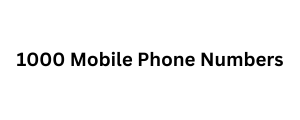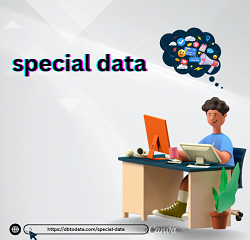That said, Web 3.0 is an exciting new era in technology that will undoubtly change our lives and the way we do business. Let’s delve deeper into this concept.
To better understand Web 3.0, it must be put into context
We don’t want to bore you with too many historical events, so here is a quick review of what has happen so far in the web world.
1990 : We have the first generation of Web 1.0, the giants of that time were companies like AOL, Yahoo and Google. That first website was a “read-only” type , so to generate content you lawyer database had to know HTML and FTP and other acronyms. With this first website, companies could transpose their advertising brochures and turn them into websites; it was the first important step towards creating a connection with the customer in an innovative way.
2005: 15 years later
Web 2.0 arriv. This time it was the read/write type , and you didn’t have to be a computer genius to generate content for it. With Web 2.0 came this massive shift in buyer behavior, creating huge opportunities for businesses as they could now create a blog, engage on social networks with newcomers (Facebook, LinkIn, Zynga, Twitter, and Quora), and also add value to customers before extracting it.
This whole process is call Inbound Marketing , and it was a Zaboravljanje budžeta za vanjsku rasvjetu game-changer. This user interaction was made possible by the invention of technologies like JavaScript, HTML, and CSS, which allow developers to create applications where users can interact with content in real time.
Today : We are facing a new and exciting facet of the web. It is still years away from being creat and consolidat, but the pieces are already starting to fit together:
We have cryptocurrencies like Bitcoin
decentraliz platforms like Etherum and Bitcloud.
In addition, with Web 3.0, we are extending the borders japan data of a virtual world that is no longer limit to the 4 corners of your computer or smartphone. It is important to highlight the latest news about Facebook’s investment of 10 billion dollars in its own Web 3.0 call Metaverse, from which great developments in terms of IoT and AI are expect.
Decentralization? Virtual world? Metaverse? You might be (like us) a little confus with all these new words and concepts, but don’t worry, in a few minutes we’ll put things in order and also answer the key question: What do I care?


Pingback: Close more deals with Lusha's | 1000 mobile phone numbers